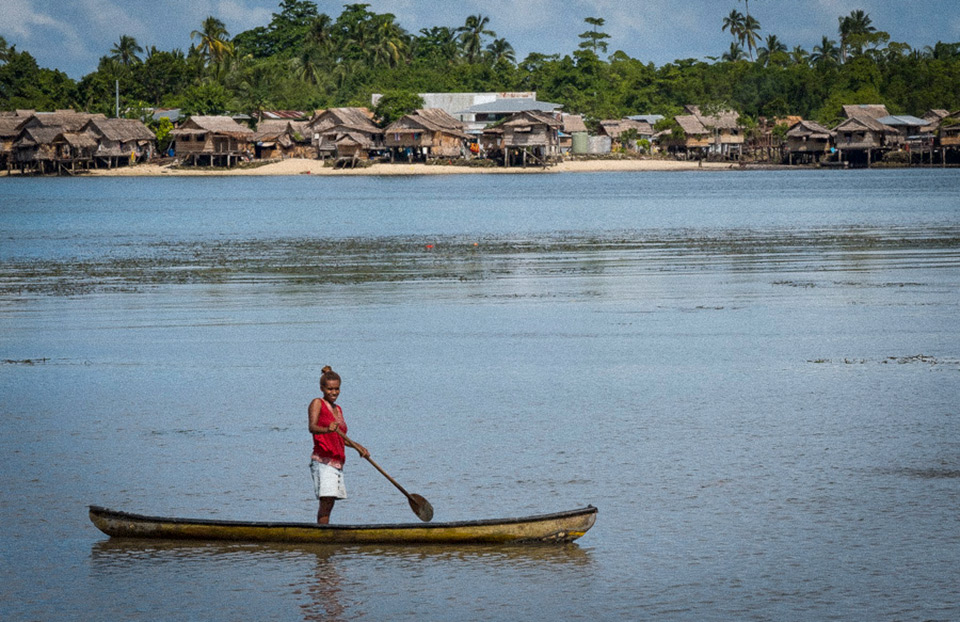Australia partners with UN Women to improve COVID-19 response through a gender data driven lens
Date:

Last week, the Australian Government’s Department of Foreign Affairs and Trade (DFAT), a long-standing partner of UN Women, granted a 3.5 million AUD (roughly 2.5 million USD) contribution to UN Women’s initiative Building Back Better: Promoting a Gender Data-Driven Response to the COVID-19 Pandemic in the Pacific and South-East Asia. The agreement, which was signed by H.E. Ms. Julie-Ann Guivarra, Ambassador for Gender Equality, reflects Australia’s strong commitment to supporting evidence-based decision-making as an important requisite for gender equality and women’s empowerment.
With a focus on four countries in the Pacific and two countries in Southeast Asia, the Building Back Better initiative addresses the urgent need to produce and use quality and timely gender statistics to support responses to the COVID-19 pandemic. Through this programme, UN Women and DFAT will jointly support the collection and analysis of gender data on resilience, time use, and other areas impacted by the pandemic, and will work with national governments to promote the use of these data to inform decision-making and policy responses to the COVID-19 crisis.
Lessons from previous crises, including SARS, Ebola and many natural disasters, show how shocks magnify existing inequalities, including those based on gender, ability, age and economic status. The COVID-19 crisis is having far reaching impacts across sectors, including:
- severe impacts on women’s employment, particularly those with informal jobs.
- heightened unpaid care and domestic workloads, disproportionately shouldered by women and girls.
- increased violence against women and girls as mobility restrictions result in victims/survivors confined with their abusers.
- magnified gender inequalities as COVID-19 overlaps with natural disasters.
- in small island countries in particular, increased challenges to produce sufficient and frequent data to monitor the Sustainable Development Goals.
To assess the magnitude of these impacts and generate information that could inform gender-responsive policy decisions on COVID-19, resilience and other challenges, the programme will work with National Statistics Offices and other government partners. The programme will be implemented in close collaboration with the Pacific Community (SPC), Civil Society Organizations and other international partners supporting the region.
DFAT is one of the largest contributors to UN Women’s work in Asia and the Pacific. DFAT’s support for UN Women’s work focuses on Pacific Island Countries and Southeast Asa, and includes contributions for regional components under global flagship programmes such as Women Count.
See also:
- “It’s really important to hear the voices [of] males and females and their unique experiences with the environment.”
- “We need to be able to identify women with special needs.”
- “Even though people on the island have hardship … they are ready to deal with future mishaps from climate change or natural disasters.”
- “Bringing up women’s voices [is] not only important to their family, it is also important to the community and Tonga as a whole.”